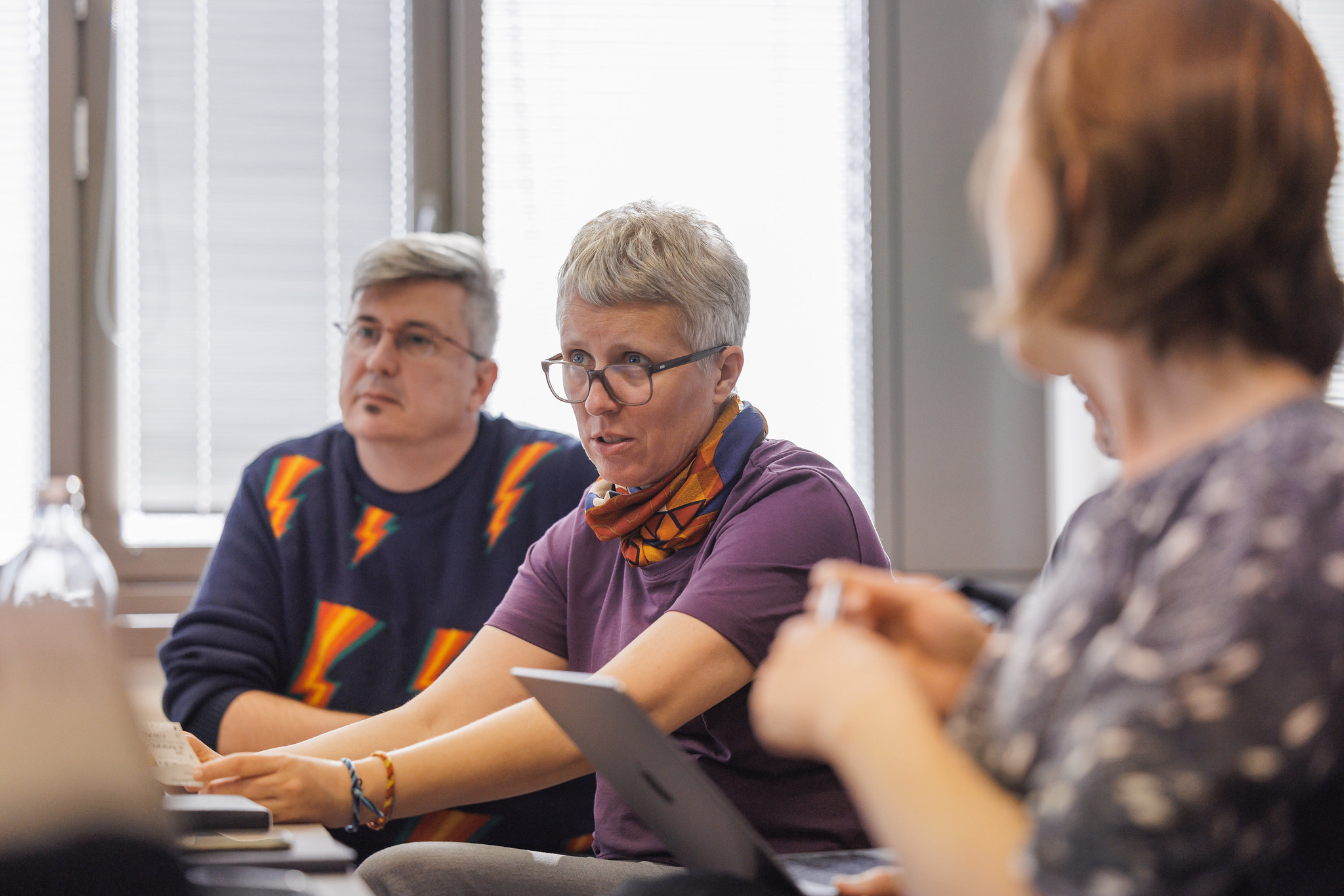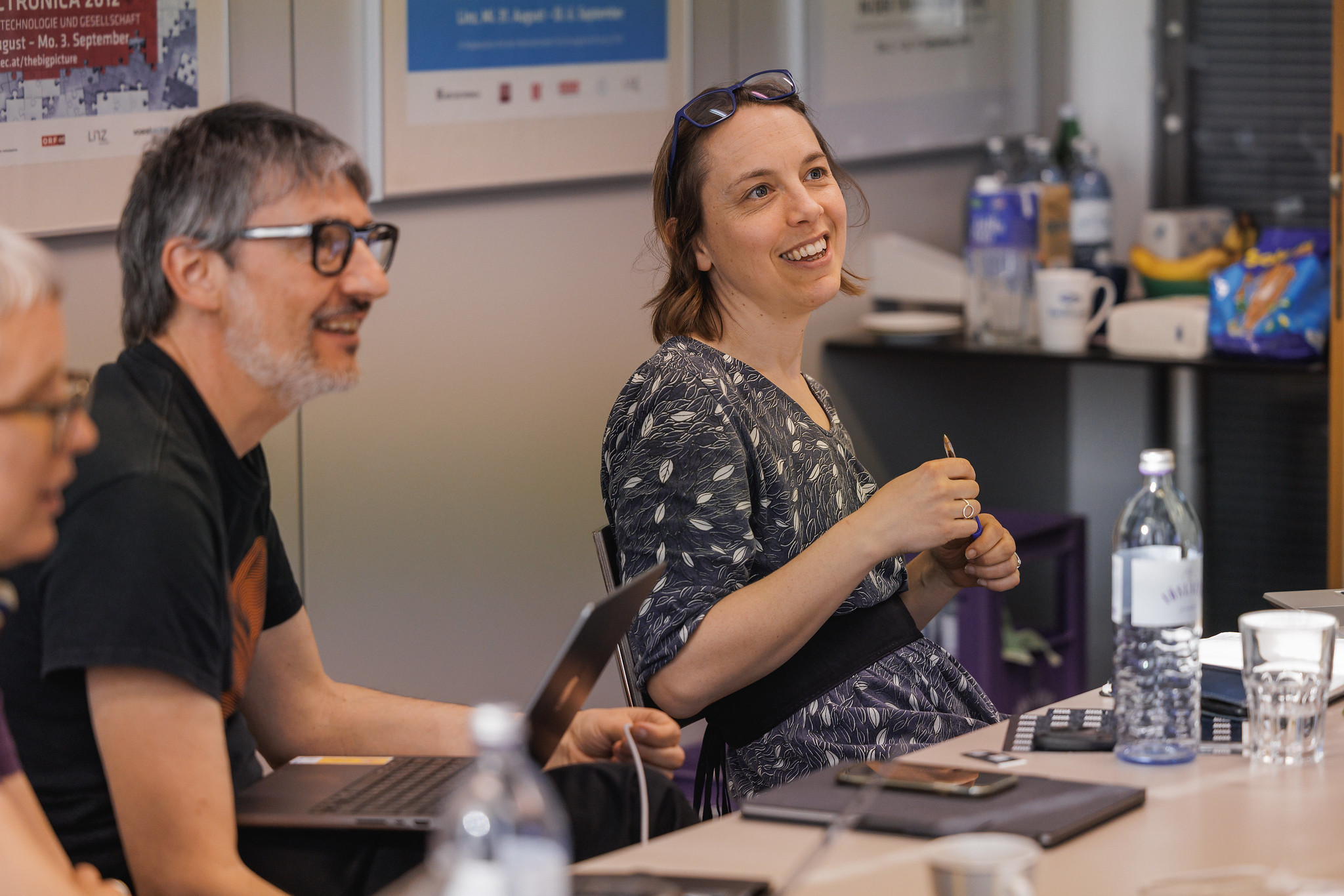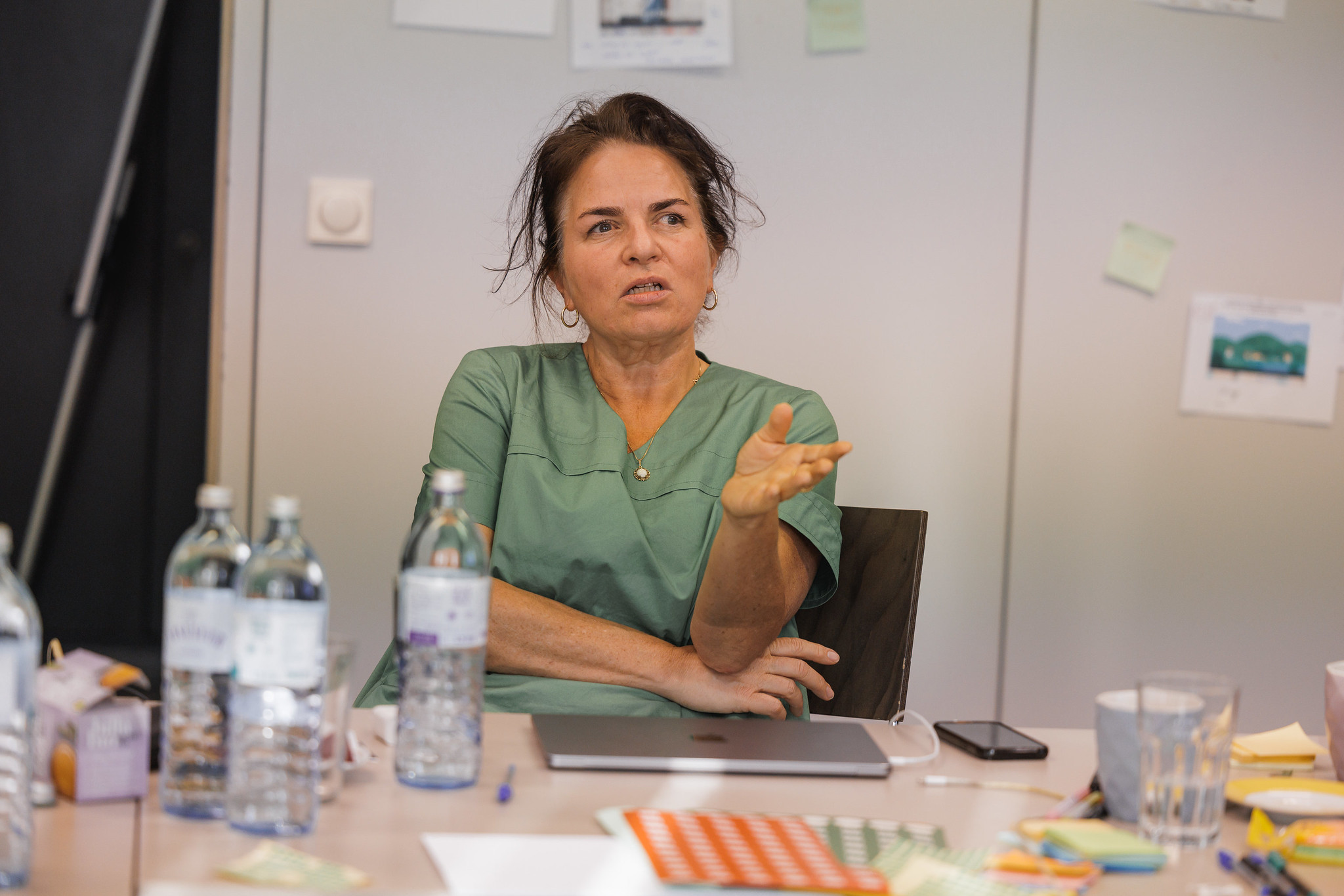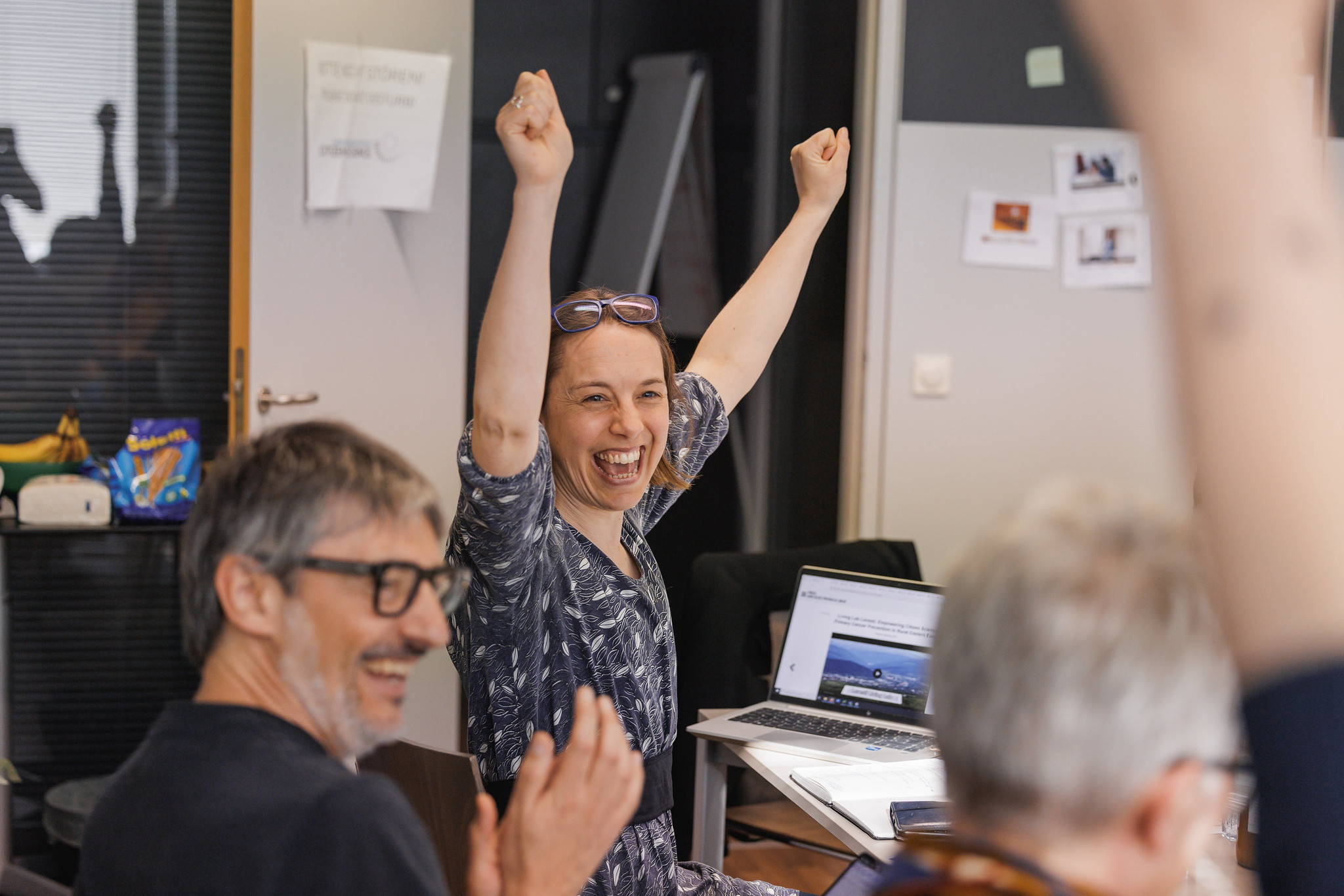

Photo: Xenia Kentz
2025 Jury
The European Union’s new Citizen Science Prize makes a statement. It honors, presents and supports outstanding projects whose social and political impact advances the further development of a pluralistic, inclusive and sustainable society in Europe.
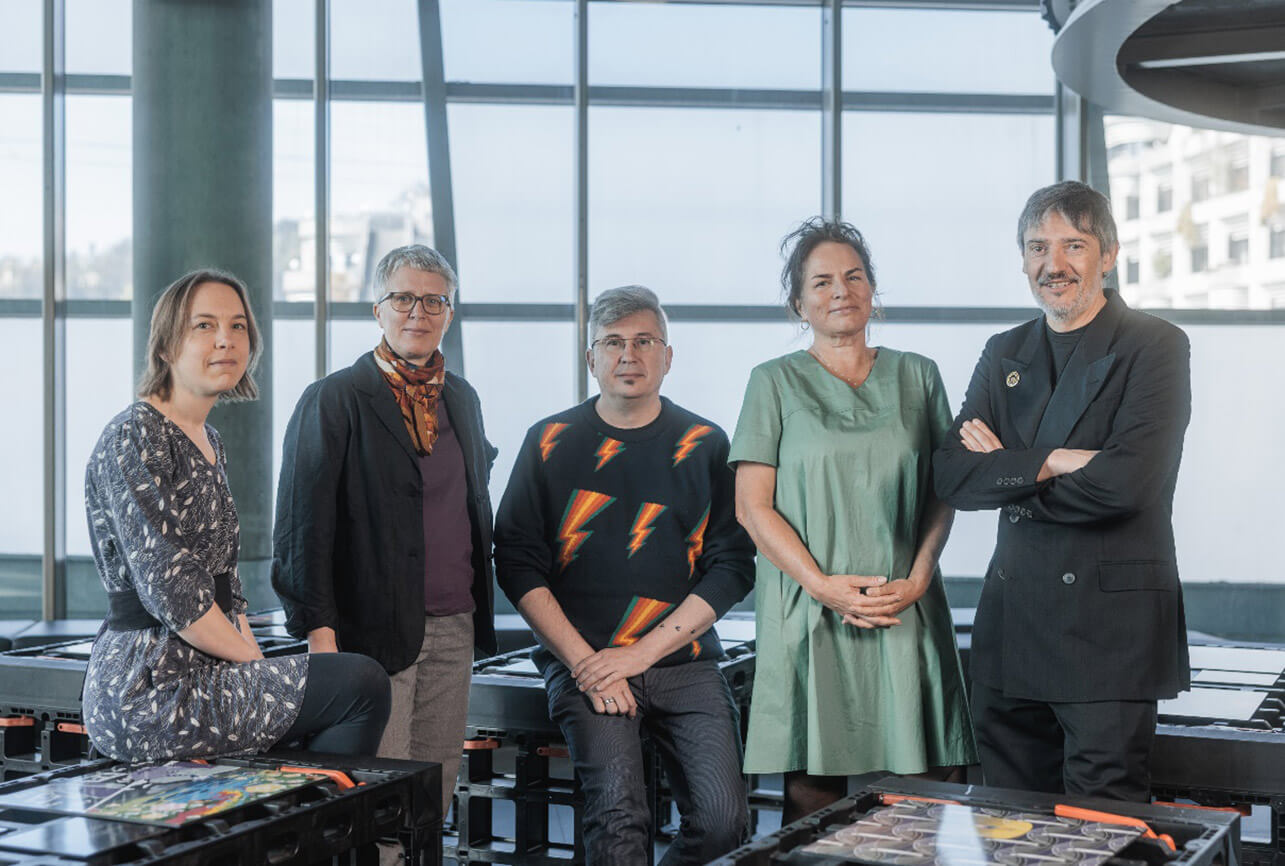
This is the jury of the European Union Prize for Citizen Science 2025:
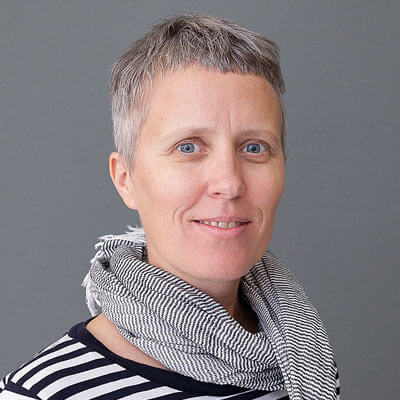
Dr. Katja Mayer (AT) is senior scientist at the Centre of Social Innovation ZSI and sociologist at the University of Vienna. She works at the intersection of science, technology, and society. Since 2019, she has focused on the politics of open science and open data in the context of AI. Dr. Mayer has served as the PI for international research projects and as rapporteur for the European Commission’s open science MLE in 2018. She has contributed extensively to policy advice and promoting open science in science diplomacy. Her practical experience from prior work in IT industry and her former role as a research advisor to the President of the European Research Council have enriched her transdisciplinary approach. Additionally, she has mentored and trained individuals in open research practices and taught citizen science and critical data studies at TU Munich and the University of Lucerne, among others.
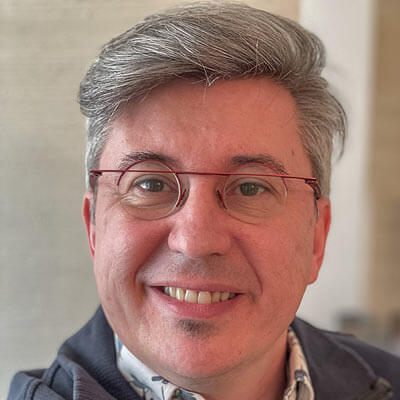
Dusan Misevic (FR/SB) is a data scientist at the University of Southern Denmark and uses open data and AI to facilitate collaboration and search for funding. He supported and participated in multiple citizen science projects and published in the domain. At the Center for Research and Interdisciplinarity in Paris he was a Director of Research Affairs and taught courses on open and citizen science. As a researcher in computational biology, he focused on evolution of sex/recombination and cooperation.
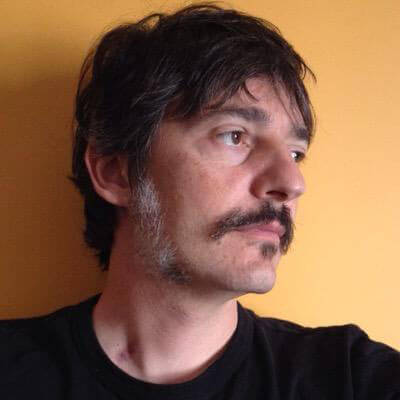
Josep Perelló (ES), full professor at Universitat de Barcelona Physics Dept. and UBICS member, founded OpenSystems to promote citizen science and art-science projects. He studies complex systems and human behavior, leading large-scale public experiments. He curated the Science Area at Arts Santa Mònica (2009–2012) and coordinated Barcelona’s Citizen Science Office (until 2019). He co-curated the City and Science Biennale (2019, 2023) and is part of CoAct for Mental Health, winner of the EU Citizen Science Prize 2024 – Digital Communities.
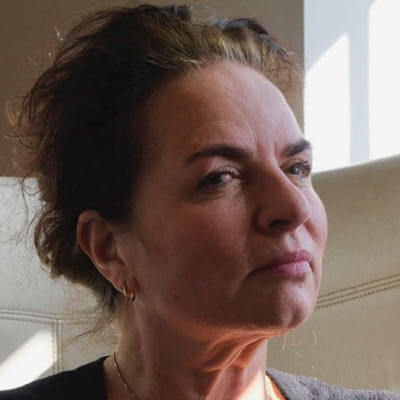
Marleen Stikeer (NL) is founder and executive director of Waag Futurelab in Amsterdam. Waag Futurelab reinforces critical reflection on technology, develops technological and social design skills, and encourages social innovation. Marleen leads the trans-disciplinary team of designers, artists and scientists, utilising Public Research and Key Enabling Methodologies to empower people to participate in the collective design of open, fair and inclusive futures. Marleen founded ‚De Digitale Stad‘ (The Digital City) in 1993, the first virtual community introducing free public access to the Internet in Amsterdam.
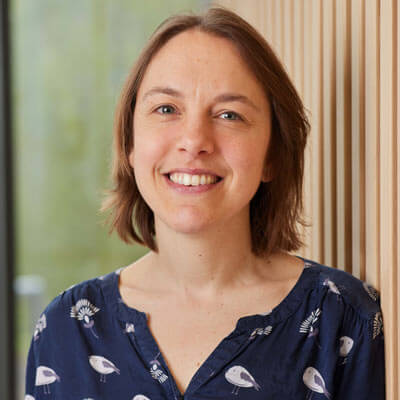
Sarah West (UK) has been bringing diverse voices into science and decision-making for over 15 years, mainly using citizen science approaches. She has used citizen science to explore topics as diverse as air pollution, biodiversity, parenting, and mental health. She is passionate about participant-centred citizen science and about inclusivity. Sarah is also SEI York Centre Director, a science to policy research institute, based at the University of York.
A Maturing and Expanding Field –
Empowering Communities through
Inclusive, Participatory, and Transformative Research
Statement by the jury of the European Union Prize for Citizen Science 2025:
Katja Mayer, Dusan Misevic, Josep Perelló, Marleen Stikker, Sarah West
This year’s entries showcase the extraordinary breadth and depth of Citizen Science in Europe and beyond, revealing a highly dynamic landscape of formats, scales, and projects that delve into local issues, going well beyond “just” contributory forms of engagement. They also reflect a growing maturity in Citizen Science: whilst classic topics such as biodiversity, air quality, and litter monitoring remain very relevant, we saw an exciting expansion into new areas including disaster risk reduction, food security, health care provision, energy transition, and oral and urban histories.
This year, the social sciences and the humanities have shown particular strength, demonstrating how their approaches can contribute meaningfully to addressing societal challenges. Small and grass-roots initiatives have further developed their methodological robustness, making a compelling case for their role in the Citizen Science ecosystem.
Many of the entries this year centered individual and community perspectives, and we also saw artistic practices incorporated into the scientific research effort, both of which will help to bring new voices into research. A number of projects are situated in rural rather than urban contexts, which we see as part of a strong trend toward localization. Another key theme was the empowerment of marginalized voices, with many projects rooted in community and grassroots organizations for tangible social transformation. Many initiatives are still researcher-led but often in partnership with civil society organizations. We also noted an encouraging rise in community-driven approaches and projects directly led by civil society organizations. Alongside applications from long-running Citizen Science projects, we also saw creative short-term initiatives responding to emerging crises on a local scale, such as monitoring natural hazards in real-time.
Project topics were diverse, ranging from growing vegetables and collecting rare seeds to supporting healthcare professionals to engage their patients and their support networks in health journeys, and mapping experiences of marginalized groups in urban areas. Across so many of the submissions, the spirit of inclusive participation, care, and collective and creative inquiry stood out as a powerful determinant for social and environmental change. The entries highlight the immense potential of Citizen Science to weave participation into everyday life and foster connections across knowledge cultures. They also show how important it is—in times of extreme politics, fear of losing agency and uncertainty over the future—for people to come together locally and change their worlds for the better.
It is wonderful to see how several institutions, through their long-term commitment to Citizen Science, have created enduring frameworks that engage thousands of people over time—laying the groundwork for deep, sustained societal transformation. Furthermore, we were particularly inspired by the creative reuse of existing tools and protocols, the growth of open hardware and open source, the introduction of machine-learning approaches, and the increasing integration of Citizen Science into institutional infrastructures—though these alone were not prize-defining for us.
This year’s entries covered an impressive range of collaborations: with fab labs, NGOs, hospitals, municipalities, restaurants, farmers, and many more. Several projects were working with schools as key institutional actors for long-term engagement and encouraging a new generation of Citizen Scientists. Entries used an impressive range of Citizen Science formats, from well-established approaches such as bioblitzes, an intense period of biological surveying in an attempt to record all the living species within a designated area, and air quality monitoring by residents, to emerging practices which supported deep participation in novel ways. People came together to co-create museums, share oral histories, or meet others in unexpected ways, be it through summer camps, co-designed public health initiatives, or countering mis-information online.
While the richness and diversity of this year’s submissions were deeply inspiring, we also observed some recurring areas for improvement. It is perhaps more important than ever for Citizen Science projects to articulate the outcomes they are having from their work as broadly as possible. The jury would like to see stronger integration with academic dissemination formats not only to secure the scientific rigor of citizen-generated data, but also to inspire a new generation of researchers to embed participatory values in their work and contribute to transforming research cultures from within.
The jury are confident that many initiatives are engaging very responsibly with ethical challenges in practice. However, this level of care was not always adequately reflected in the proposals themselves. Ethical considerations—particularly the protection of vulnerable groups, the communication of potential risks and actions participants can take to mitigate them —were not consistently addressed with the depth and clarity they deserve. As Citizen Science continues to mature, it becomes increasingly important not only to uphold responsible practices but also to report them transparently. This includes reflecting critically on impact pathways, ensuring clarity around data use, and fostering inclusive and safe participation.
As Citizen Science becomes increasingly embedded within institutions, we know how crucial it is to stay attentive to its grass-roots, ensure benefits for participants, and the need for funders to support projects both large and small, long-standing and more ephemeral, that contribute meaningfully to a more inclusive, responsive, and participatory science in challenging times for Europe and the world. Projects which partnered with long-standing and established civil society organizations who have supporting structures in place and offer clear pathways to impact as they systematize knowledge production, were particularly praised by the jury.
Many of this year’s strong applications had received funding and mentorship from IMPETUS, highlighting the value of this funding scheme for nurturing projects led by new actors that are pushing Citizen Science into new disciplinary areas and geographic regions, and with diverse collaborators.
We believe that this momentum of maturity of Citizen Science we are witnessing will also inspire universities and research centers to engage more actively with the expertise developed within Citizen Science—especially in its participatory and societal dimensions. These initiatives offer powerful impulses to rethink how knowledge is produced. Embracing Citizen Science is an opportunity to develop new skills, build more inclusive connections with diverse communities, and shape research agendas that are more socially robust and responsive to real-world needs.
Pre-evaluation
Jury
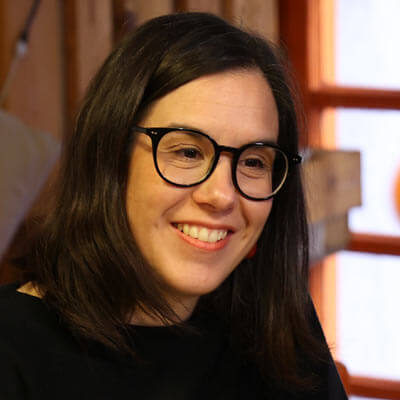
Irene Lapuente (ES) is the founder and director of La Mandarina de Newton, a cultural enterprise focused on participatory research and innovation. She is a specialist in promoting projects that enhance and cross the scientific method, design thinking, and creative processes. Her main interest lies in the intersection of forms of creating knowledge. She graduated in Physics from the University of Barcelona and followed several Postgraduate studies in Science Communication and Scientific Documentation.
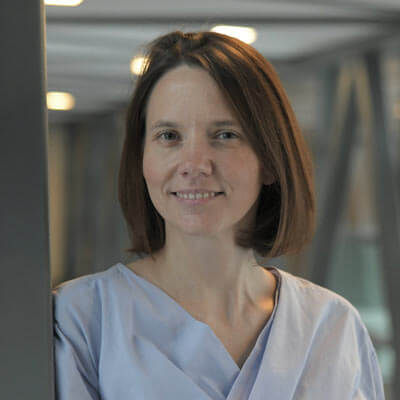
Monika Mačiulienė (LT), Head of Lithuanian Citizen Science Association (www.pilieciumokslas.lt). I’m also a senior researcher at VILNIUS TECH and together with our team, we are involved in several projects focused on Citizen Science (e.g. INCENTIVE, CLIMAS, DIGICHer). In both of these roles, my job is to raise awareness about Citizen Science in Lithuania through the preparation of training materials, support resources and organization of events.
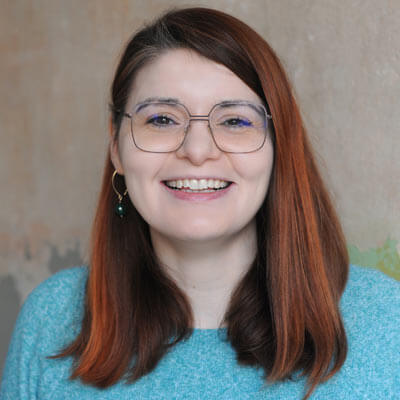
Dr. Claire Murray (IE) is a freelance researcher in citizen science and science communication based in Berlin, Germany. Her work centres on inclusive, creative and collaborative practices that engage and amplify underrepresented communities on topics such as the climate crisis, the chemistry of calcium carbonate, co-creating healthy lifestyles and more.
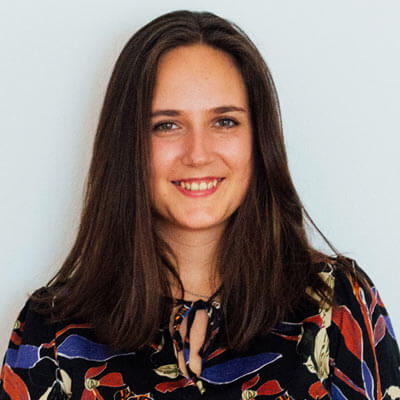
Anna Verones (IT) is an economist, serving as project officer at the European Citizen Science Association. As coordinator of Open Soil Atlas, a citizen science project investigating urban soils in Berlin, she gained hands-on experience in facilitating community-based scientific endeavors. Currently involved in the Adaptation AGORA project, a Horizon Europe citizen science initiative, where she leads co-creation activities and stakeholder engagement in one of the project’s pilot regions, Dresden.
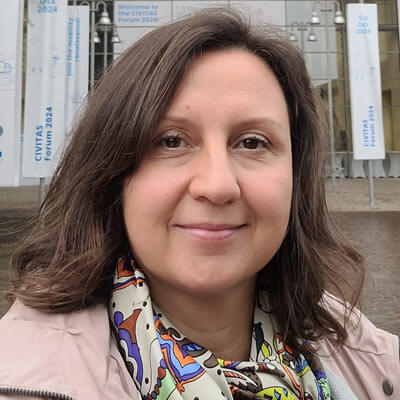
Katarzyna Pydzinska Azevedo (PL/PT) Senior Project Manager and EU Hub Business Developer at INOVA+, where for over 15 years she been involved in numerous European projects, promoting innovation in various fields and endorsing open science, co-creation & citizen engagement. As a volunteer supporting the Portuguese Network for Citizen Science and its formalisation, to strengthen citizen science community in Portugal. Strong interest also in the areas of sustainability, climate resilience, active citizenship and urban-focused initiatives. Currently pursuing PhD in Sociology at the University of Porto.
